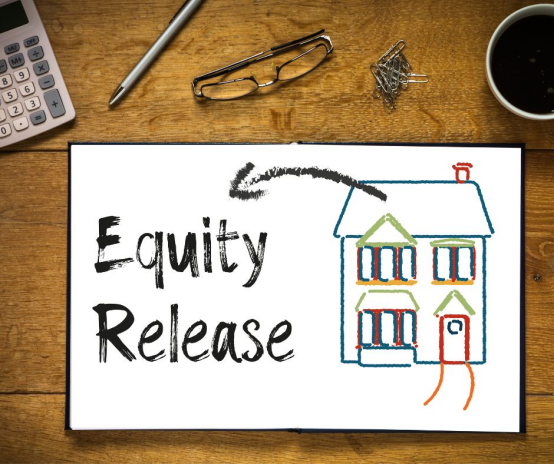Descubra os Benefícios de Investir em Energia Solar para sua Casa
Cybersicherheit 2025: Diese Unternehmen sollten Sie im Auge behalten
Toyota Corolla Sedan 1.6L 97kW Comfort: Vale a pena 2025?
Jaw-Dropping Crossovers of 2025: The Future of Driving Is Here
Melhores Carros Usados por Menos de R5.000 com Espaços Amplos
Die optimale Therapie bei Nasennebenhöhlenentzündung – Wirksame Antworten für Ihr Wohlbefinden
Calculate Your Actual Returns from Equity Release – View the Details Today!
Are you a homeowner in the UK aged 55 or older? Have you considered unlocking some of the value in your property through equity release?
Are you a homeowner in the UK aged 55 or older? Have you considered unlocking some of the value in your property through equity release?
Whether you're looking to fund your retirement, pay off debts, or make home improvements, equity release can be an attractive option. But how do you know exactly how much you can expect to gain from this financial solution? The answer lies in calculating your actual returns.

What Is Equity Release?
Equity release allows homeowners to access the value tied up in their property without the need to move or make monthly repayments. There are two main types:
- Lifetime Mortgages: You borrow money against the value of your home, with interest building over time. The loan is repaid when you sell your property, usually after passing away or moving into long-term care.
- Home Reversion Plans: You sell a portion or all of your home in exchange for a lump sum or regular payments, while retaining the right to live there for the rest of your life.
How to Calculate Your Actual Returns
The real benefit of equity release isn’t just the immediate cash you receive – it's the long-term financial impact. To calculate your actual returns, you'll need to consider the following factors:
- Property Value: The higher the value of your property, the more equity you can potentially release. This is the starting point for understanding your return on investment.
- Loan Amount: The amount you’re able to borrow depends on your age, the value of your property, and the provider's terms. Typically, the older you are, the higher the loan-to-value ratio.
- Interest Rates: Interest is applied to your loan and compounds over time. Understanding the interest rate and how it accumulates can help you predict your total debt at the end of the term.
- Time Factor: The longer you leave the equity release in place, the more interest will accumulate. It's crucial to factor in how long you plan to stay in your home before your loan is repaid.
- Property Market Growth: If your property increases in value, your returns from equity release will be higher. However, the property market can be unpredictable, so this can also work in reverse.
- Fees and Costs: Ensure that you account for any fees associated with setting up the equity release plan, such as valuation fees, legal costs, and provider charges. These costs could affect your overall returns.
Why Should You Calculate Your Returns?
Understanding your actual returns allows you to make an informed decision about whether equity release is the right choice for you. By calculating your potential financial outcomes, you can plan for the future with greater confidence.
Equity release can help you achieve your financial goals, but it’s important to know exactly what it will mean for your long-term financial health. For example, while the upfront funds can be a major advantage, the growing loan balance over time can eat into the value of your estate, reducing what you can leave behind for your loved ones.
Get a Personalised Estimate Today!
Equity release could be the solution to your financial needs, but how much will it really return for you? Get in touch with an expert adviser who can help you calculate your potential returns based on your specific circumstances. By considering all the factors involved, you can make a well-informed decision that suits your long-term goals.
Ready to Take the Next Step?
View the full details of your potential returns and explore how equity release could fit into your financial plan. Take control of your future and secure the funds you need today. Find out more by clicking below!









